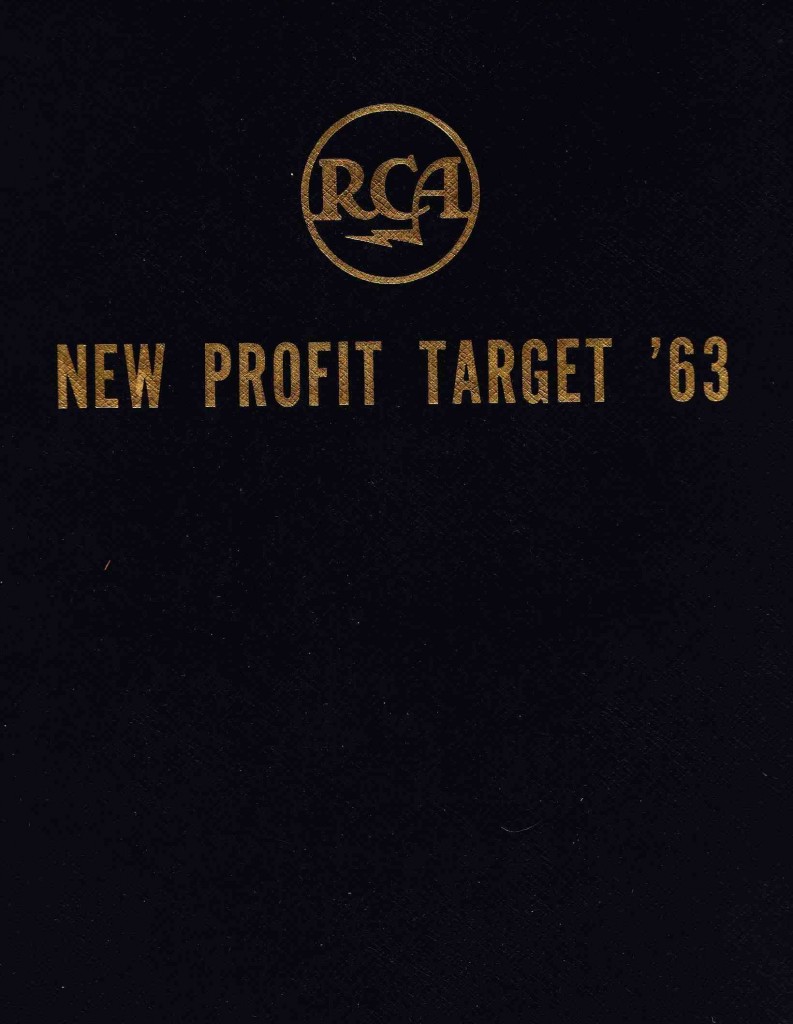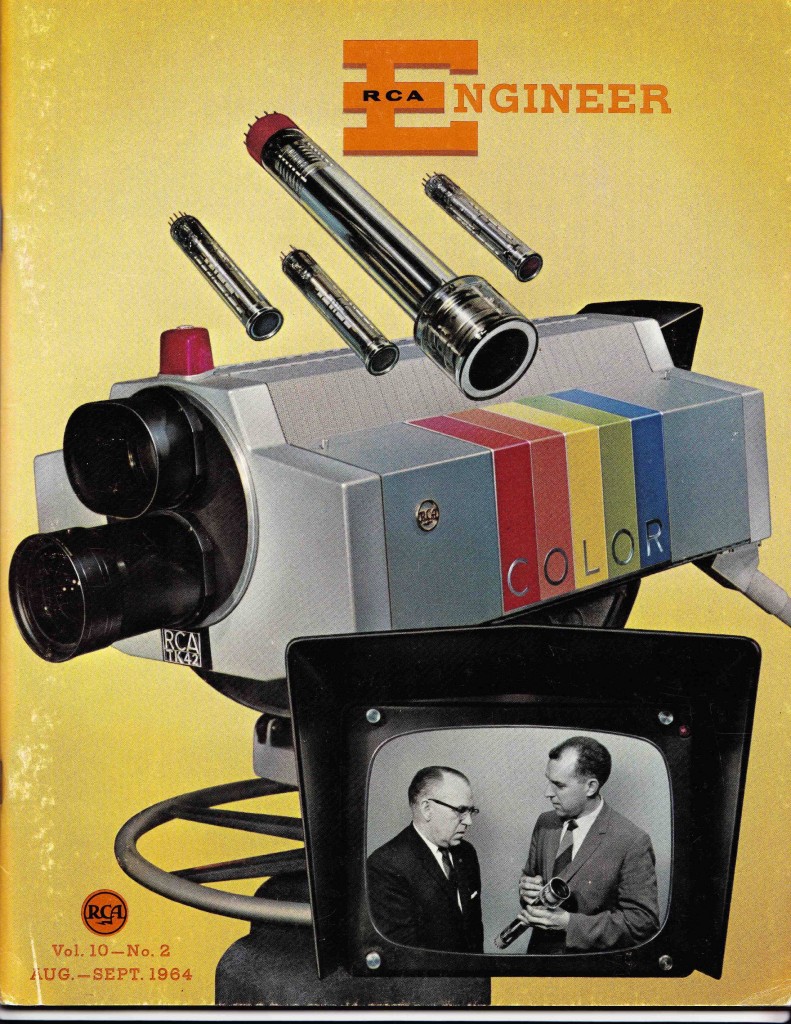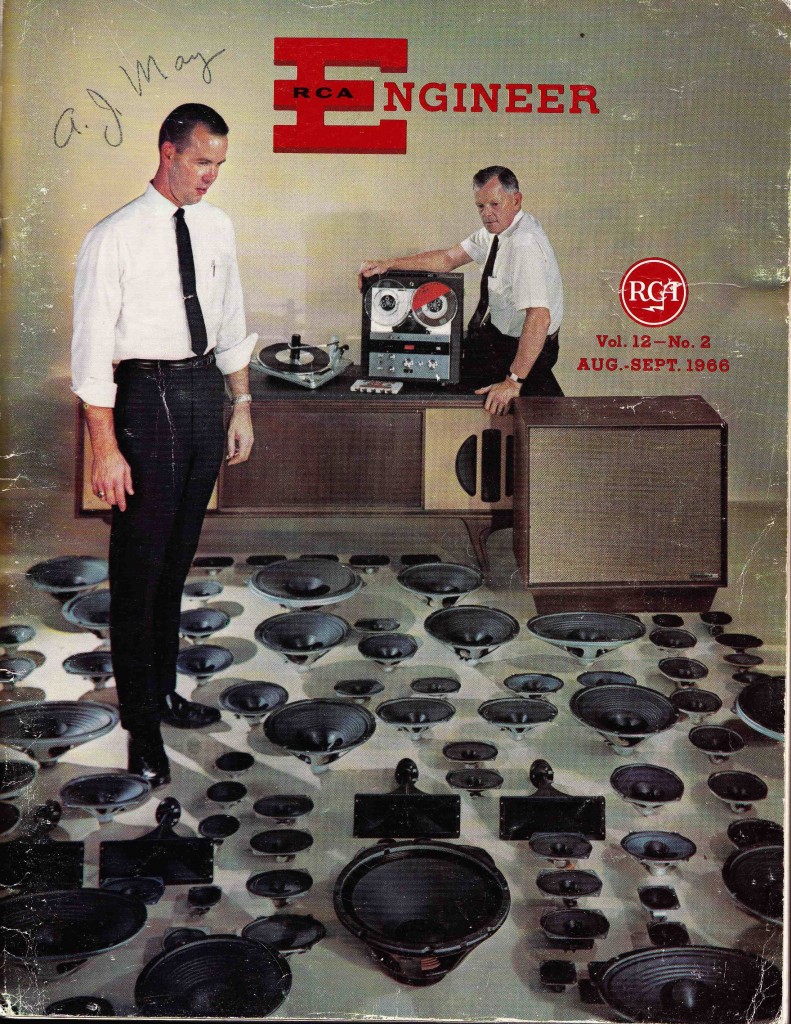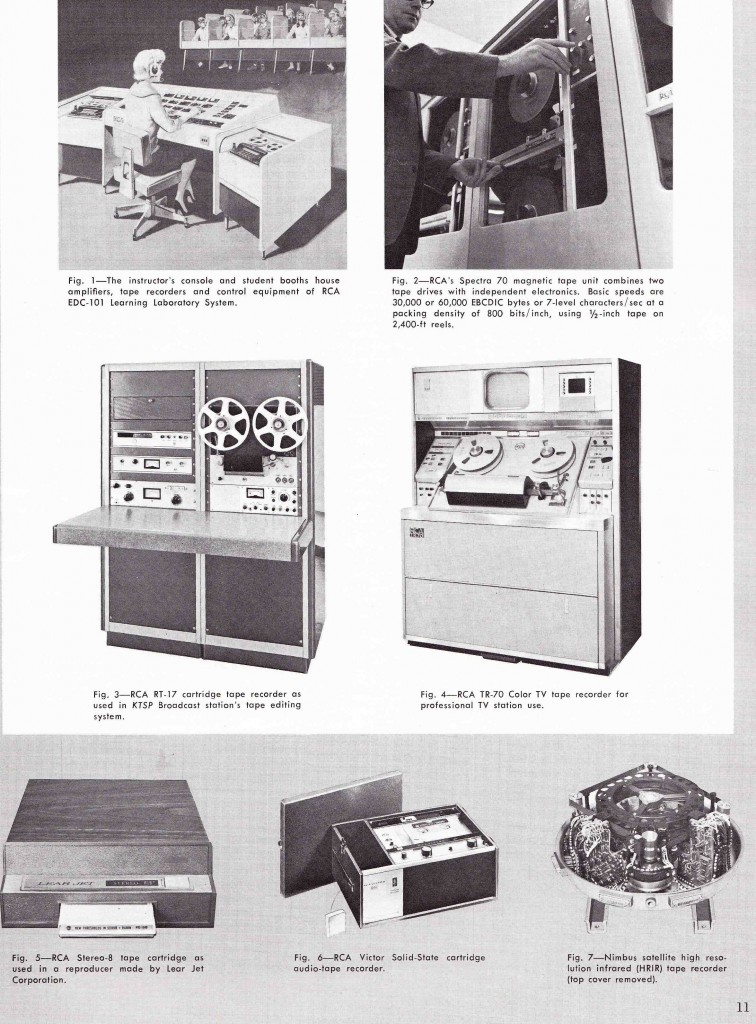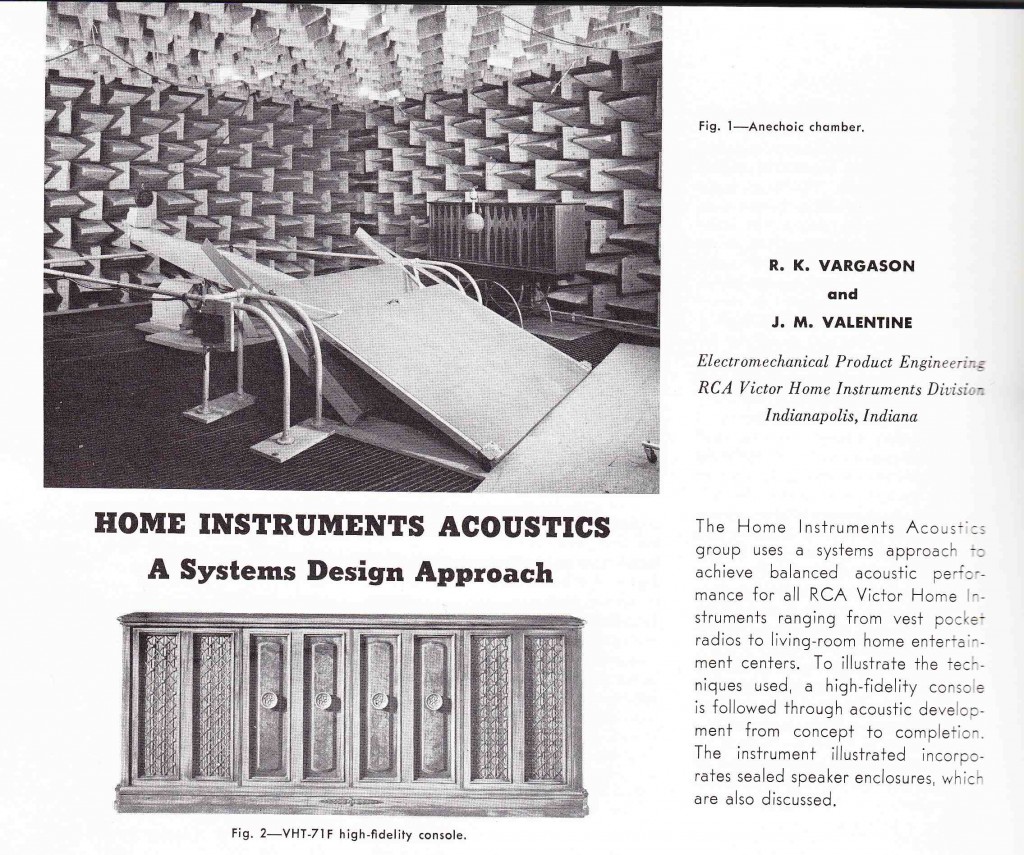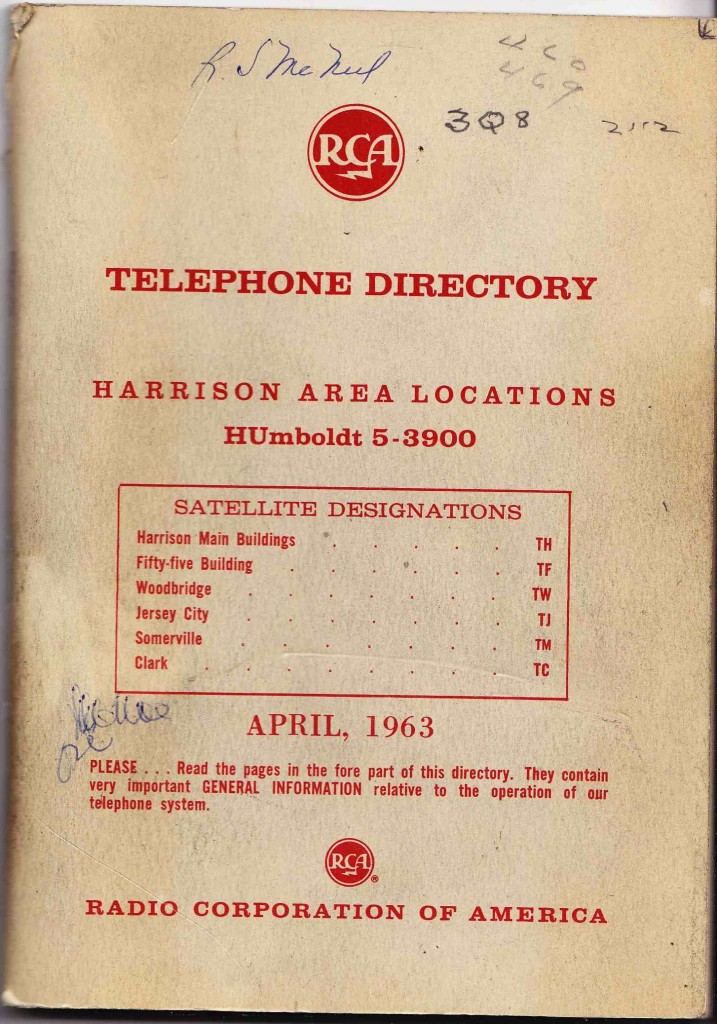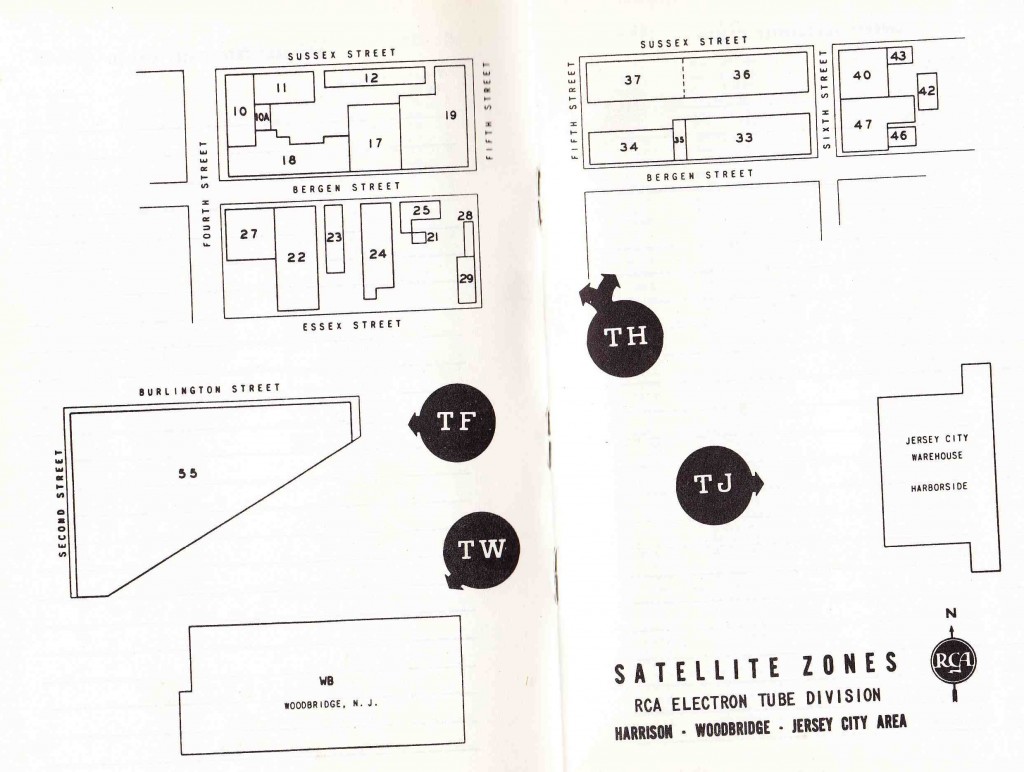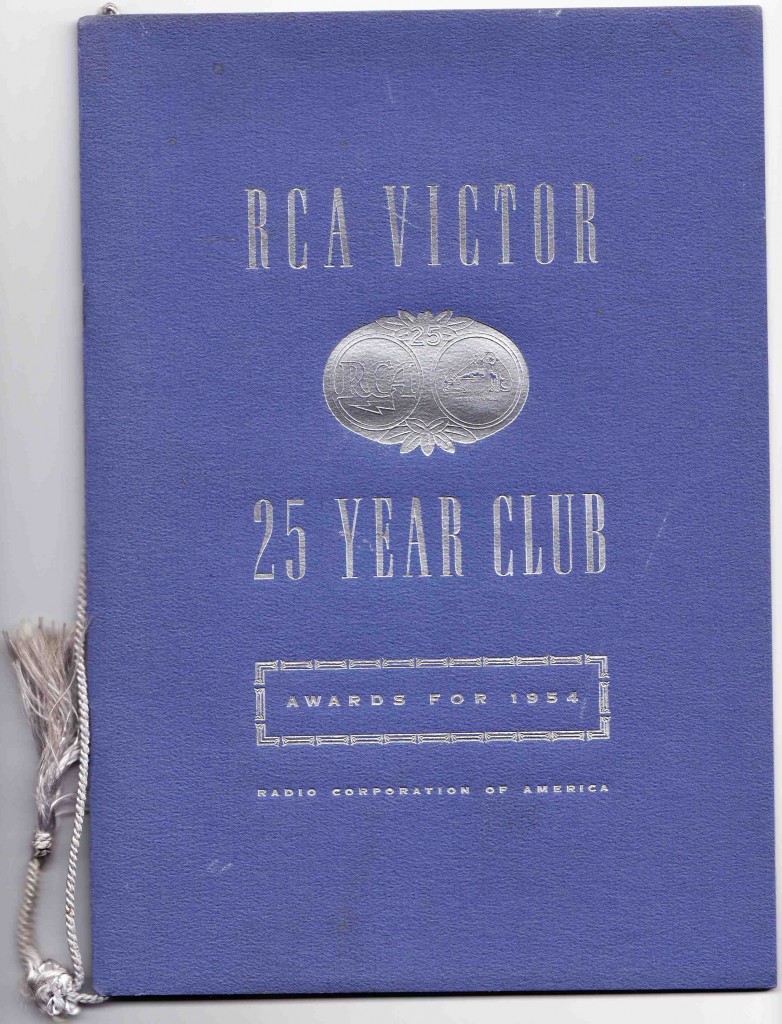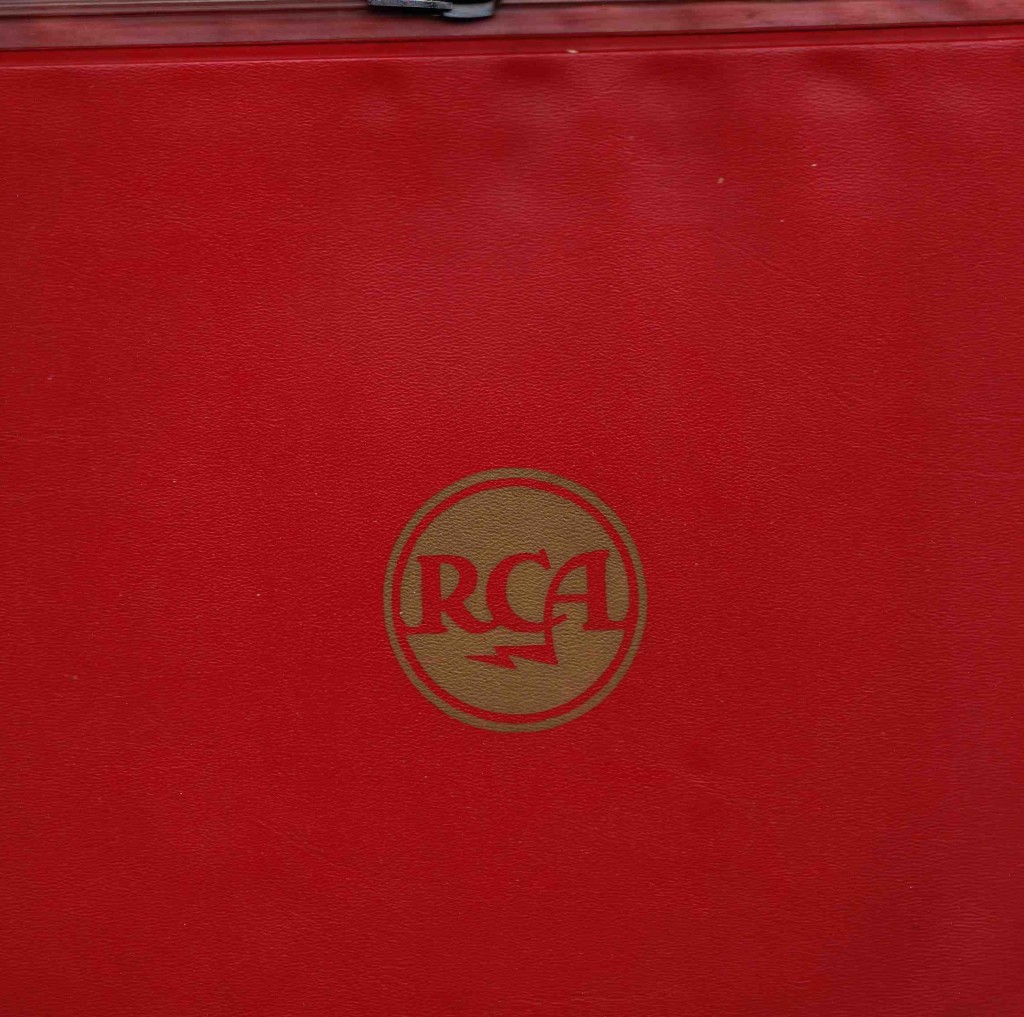The story of RCA is a great American industrial story. From its origins in WW1 to decades to breakups and re-configurations due to government regulation and shifts in consumer patterns, the Radio Corporation Of America was a consistent presence in the manufacture of media-playback devices as well as media itself. It’s an incredible story. Check out the Wikipedia entry if you want the details.
For someone growing up in my generation (born 1976), thought, RCA electronics did not have really good associations. My impression of RCA was basically… the company that made that crappy electronics stuff that was not as good as SONY (or even panasonic). Well, by the time i was aware of the RCA brand, the company was only moments away from being broken up and sold off for good. But just a few decades earlier, wow what a force RCA was. the 33rpm record, vacuum tubes, mainframe computers, color television… we owe an incredible debt to the engineers that worked at RCA in the 20th century. Now that i have access to the pro-audio equipment that RCA was making decades before my birth, I am a big fan. it’s great stuff. an RCA BA-2 mic preamp is a great simple design that always gets good results in the studio. And their ribbon mics? Amazing.
RCA published an glossy magazine for its engineers. it’s pretty technical, but i can understand the Audio-related articles.
It’s interesting to read essays that attempt to quantify the acoustic performance of those god-awful ‘french provincal’ Hi-Fi consoles.
I do not know how many people worked at RCA in the 50s/60s, but i imagine it was in the mid 6-figures. Ironically, even i have been an ‘RCA’ employee – I worked for a few years at SONYMUSIC, of which ‘RCA’ is one of the record labels within this major label. Of course, by the time i got there, the RCA name (as it pertains to sound-recordings) had been sold and re-sold and licensed so many times that the connection is faint at best.
I live in a town that was once a manufacturing powerhouse, with several major pro-audio companies present. I will soon publish a post about Bridgeport’s audio manufacturing history. I have sometimes thought about looking up former SCULLY employees, for instance, and trying to interview them about their work.
Once these people are gone, there will be no one left to ‘fill in the blanks’ about a great many details of audio technology history.
For instance: I was recently corresponding with a gentleman who is an expert on mid-20th century broadcast audio equipment. I was hoping he could clarify a vague detail in the schematic of a very old and very desirable microphone preamp. Because: if i had a little more info, i could easily ‘clone’ this device and use it in my studio. Since the vintage examples of this device sell for up to $7000, i have a pretty good incentive to build it myself. Anyway, this very knowledgeable gentleman himself was stumped by this component as well, as are all folks on the forums. So who does have the necessary knowledge? if a HUGE community of thousands of audio and broadcast engineers all over the WWW can’t figure this out… shit. It’s the loss of this kind of information that i fear, and this is one of my motivations in creating this site.
Engineers who worked at RCA, and similar companies, back when our prized ‘vintage’ audio hardware was being manufactured, are the only people who can answer certain questions, provide certain skills. ENAK is the trade name of Clarence Kane, a former RCA employee who now restores ribbon mics. He is a very nice guy and he does great work, and very quickly. He has restored an RCA BK5 and a SHURE 300 for me, and he really did a nice job. Dudes like this are a BLESSING.
I am not really sure what i am getting at here… i am not saying that we should start cold-calling these dudes and finding out if they have piles of old schems and old parts in their homes… but… after 15 years of going to estate sales all time, i can tell you that they probably do. The ‘stuff’ of these retired engineers will all eventually turn up, but their knowledge and skills will not.
